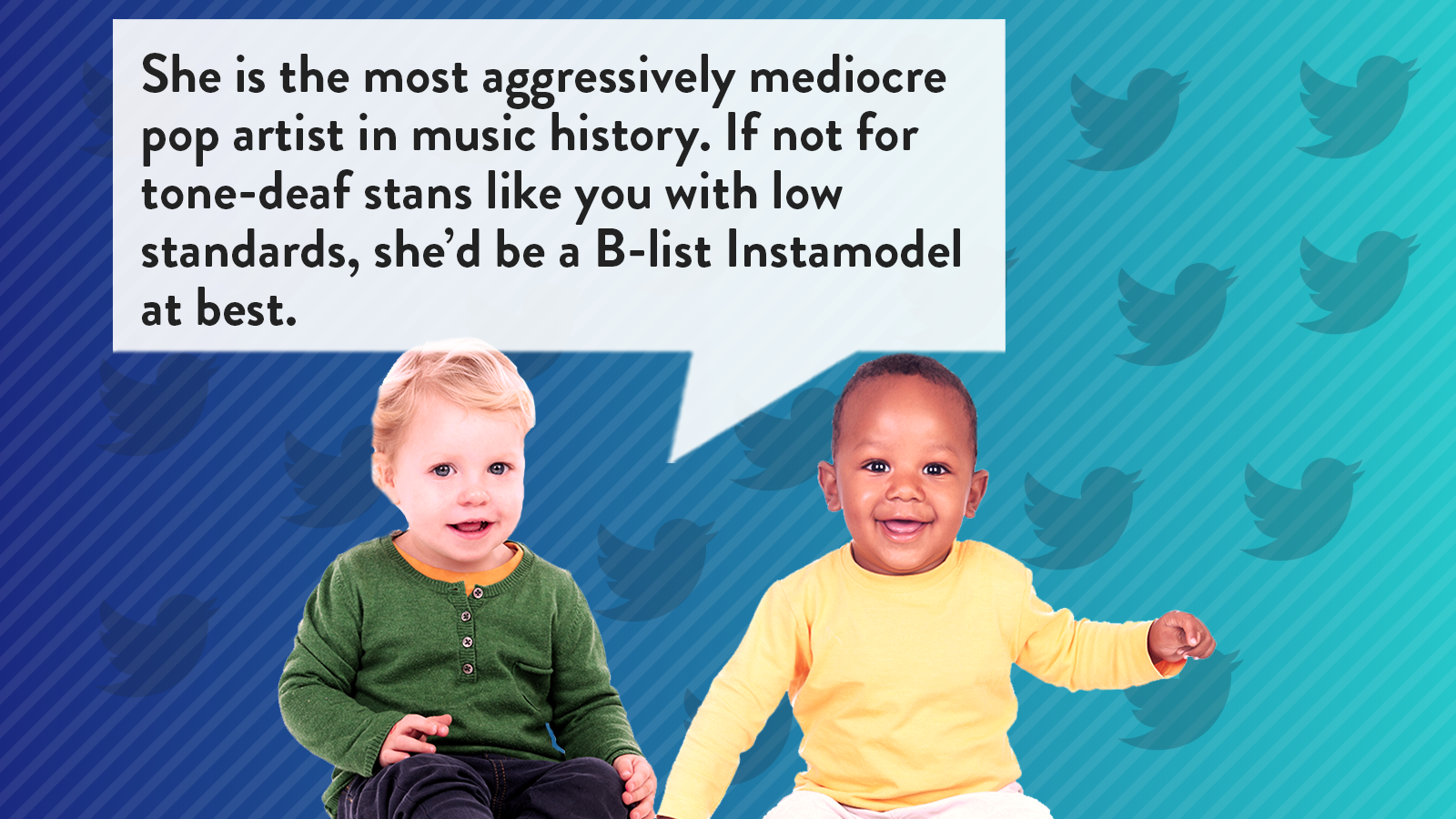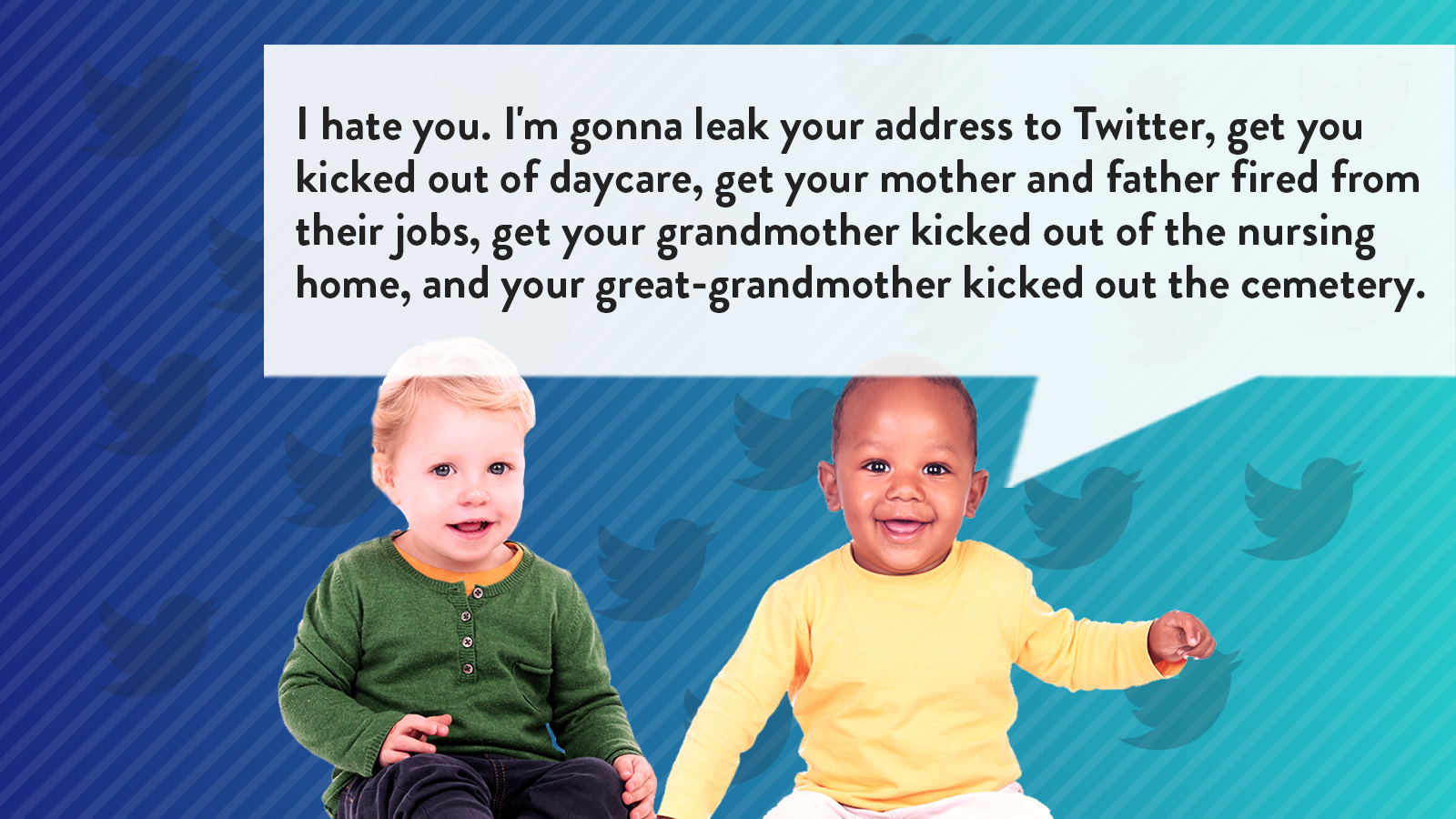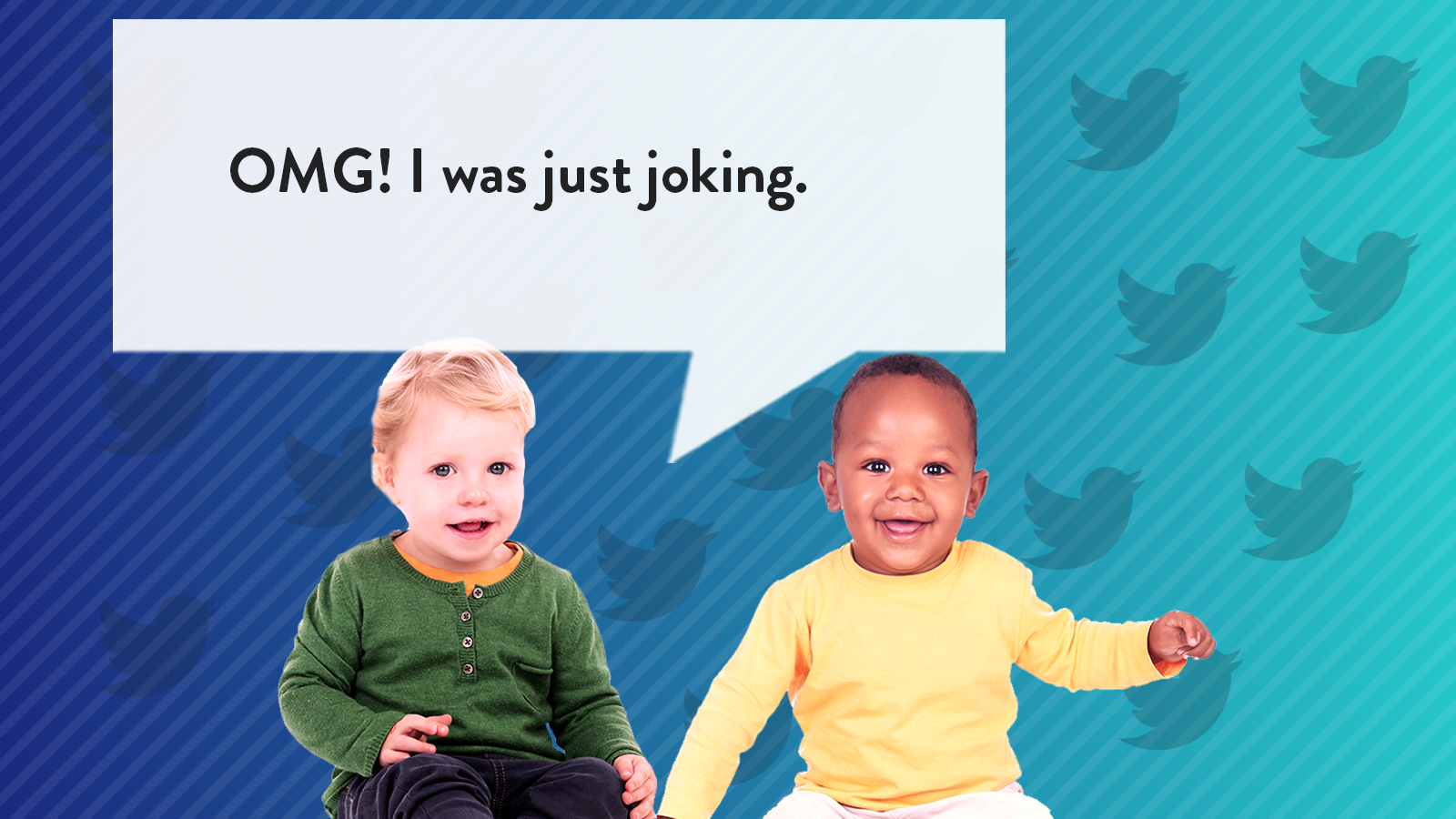#1 The Age Card
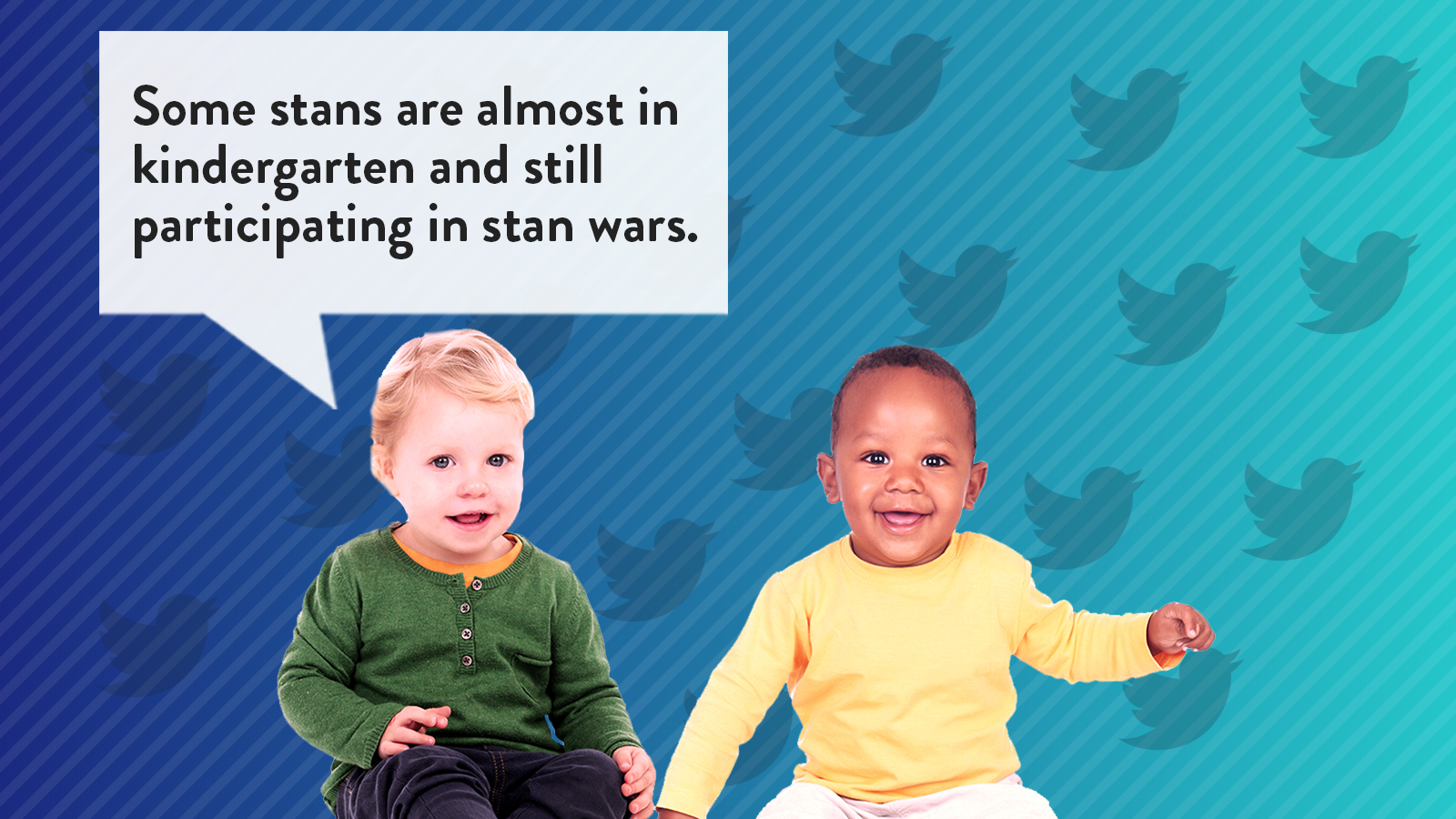
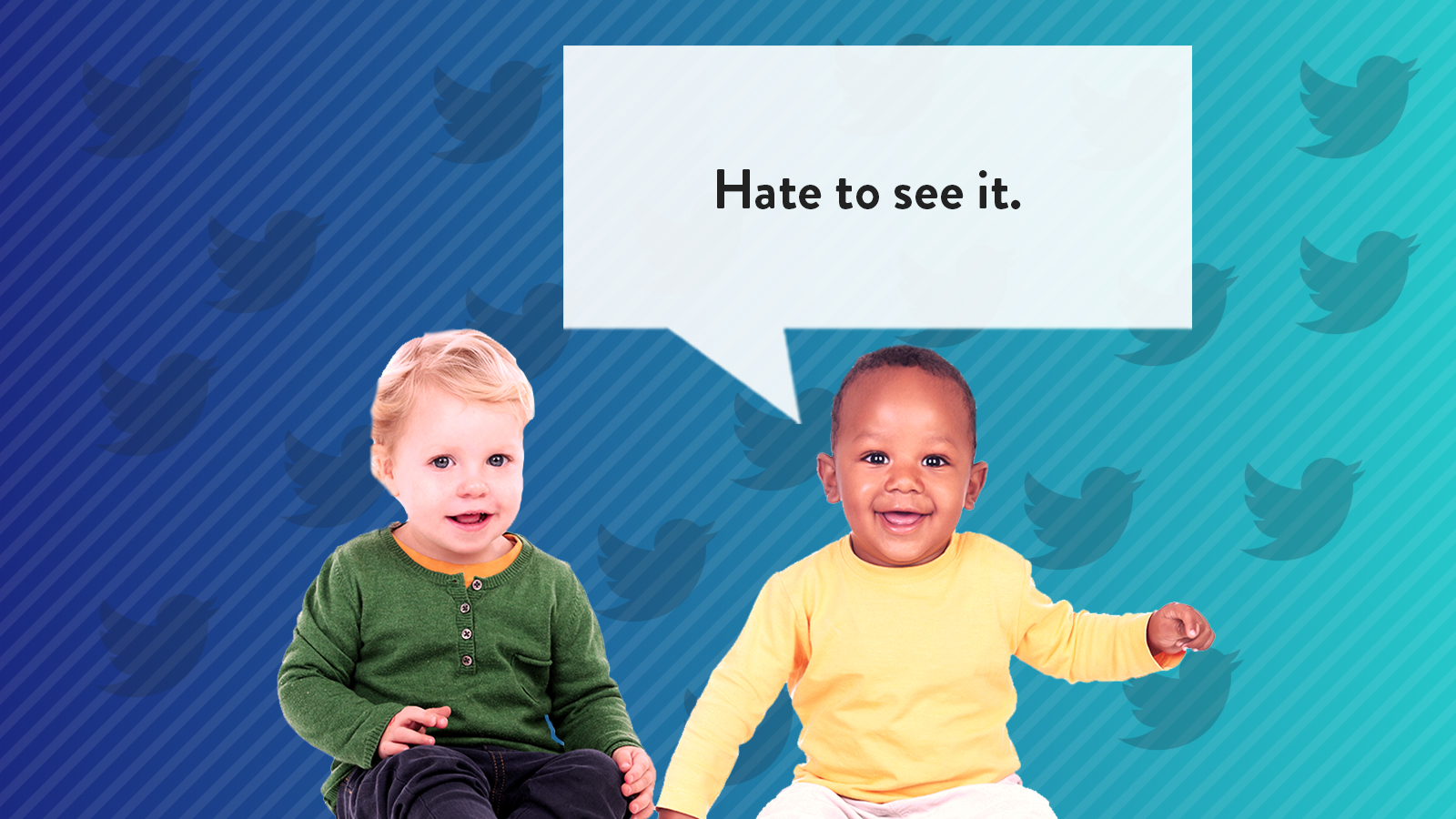
Why This Is An Effective Argument:
This is an effective argument because the subtext is pretty much this:
“Don’t you have something better to do at your old age of 23? Shouldn’t you be doing taxes or something, boomer?”
The goal of playing “The Age Card” is to make older stans feel like low-key perverts who have nothing better to do than socializing with teenagers.
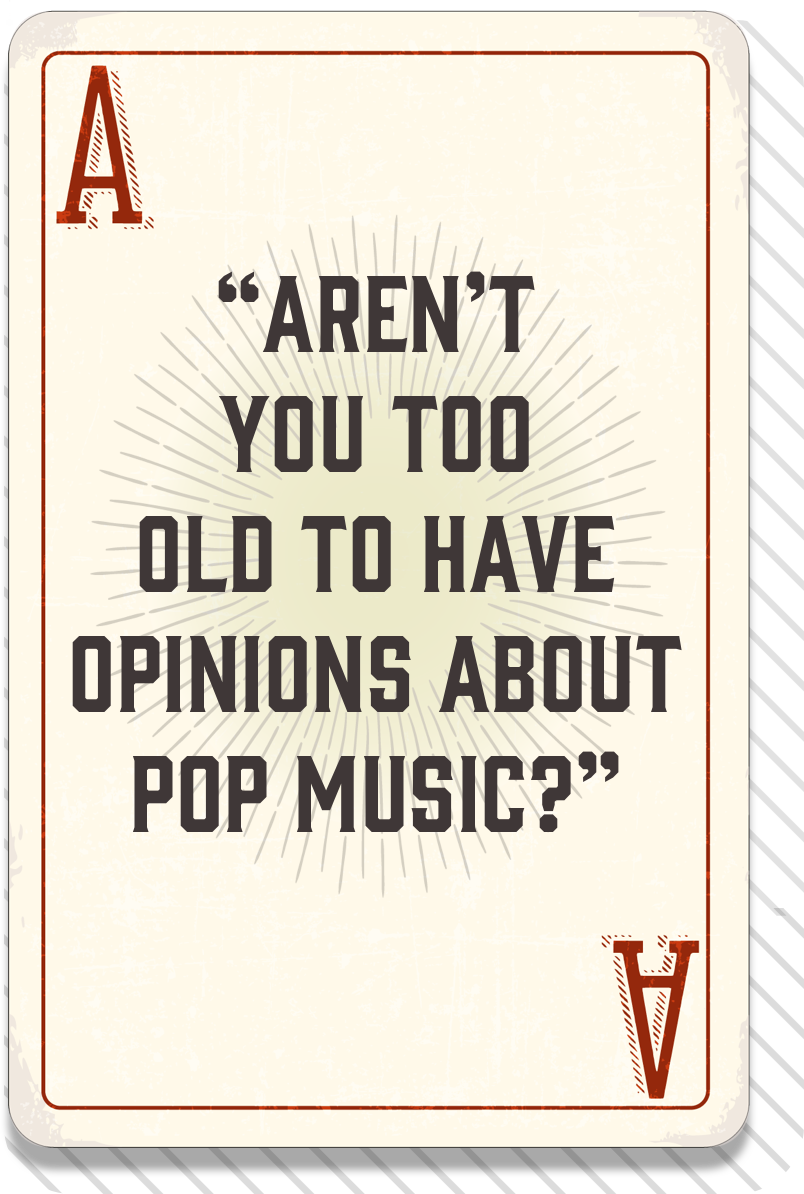
The Main Flaw(s) In This Argument:
If you have a stan account, there’s a 95% chance that your entire online identity revolves around the life of someone born before 1997; therefore, using age as an insult is a bit of a self-drag.
Also, when you look at the current roster of female pop icons, most of them are well into their 30’s, some are pullin’ up to 40 on a real slow creep, and a few are in their 60’s and 70’s.
And yet, based on the attitudes that some stans have about anyone over the age of 23, most current pop girls are too old to comment on their own careers. Given the fact that the bulk of stan clout and self-esteem comes from the work and accomplishments of women 25 and older, stan ageism seems more than a little hypocritical.
In Defense of Stan Ageism
There is something unsavory about being a grown, ashy, musty, grey-pubed adult with credit card debt and arguing with 14-year-olds over whether Katy Perry’s “Dark Horse” is trap music or not.
#2 The Woke Card
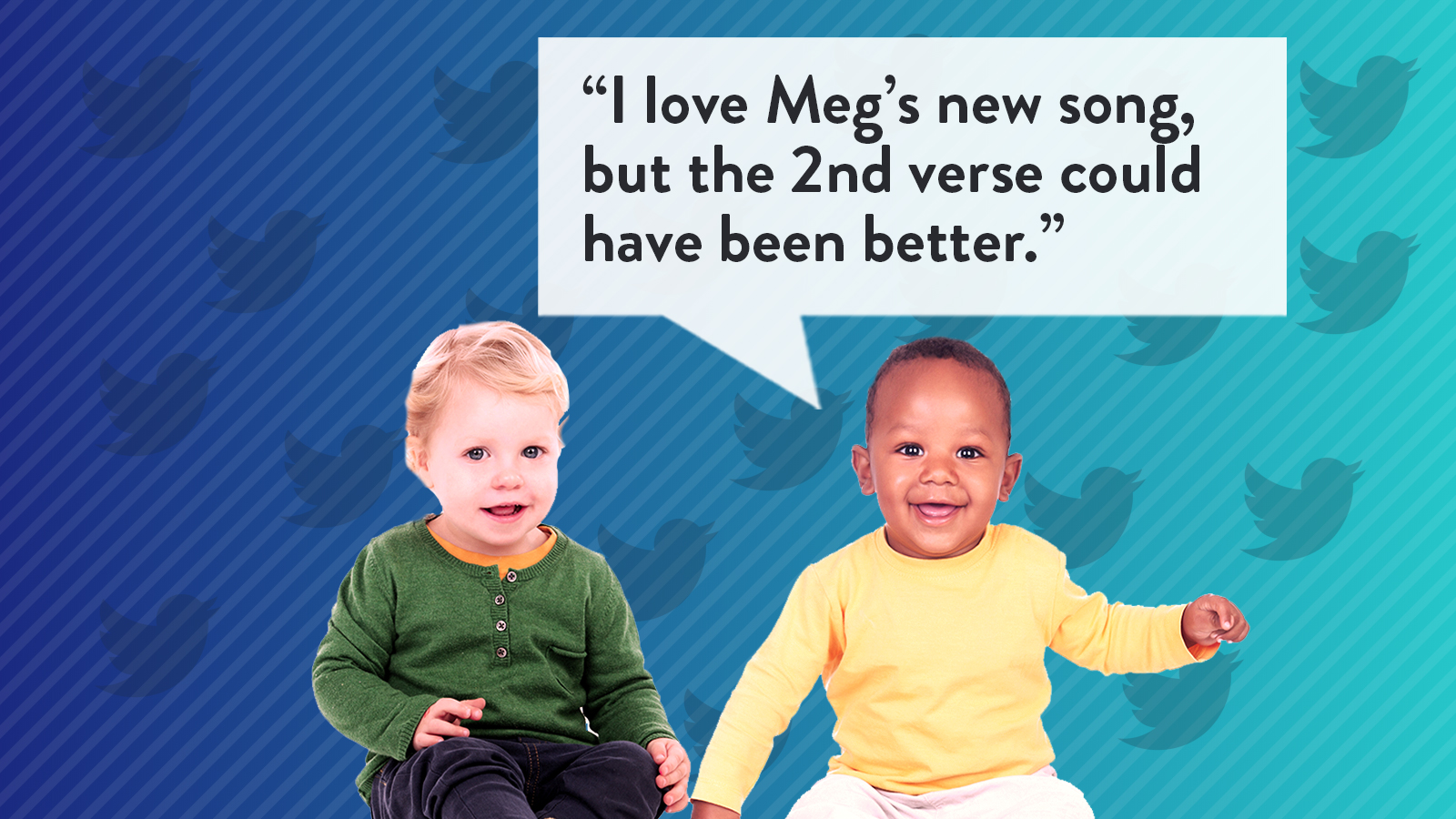
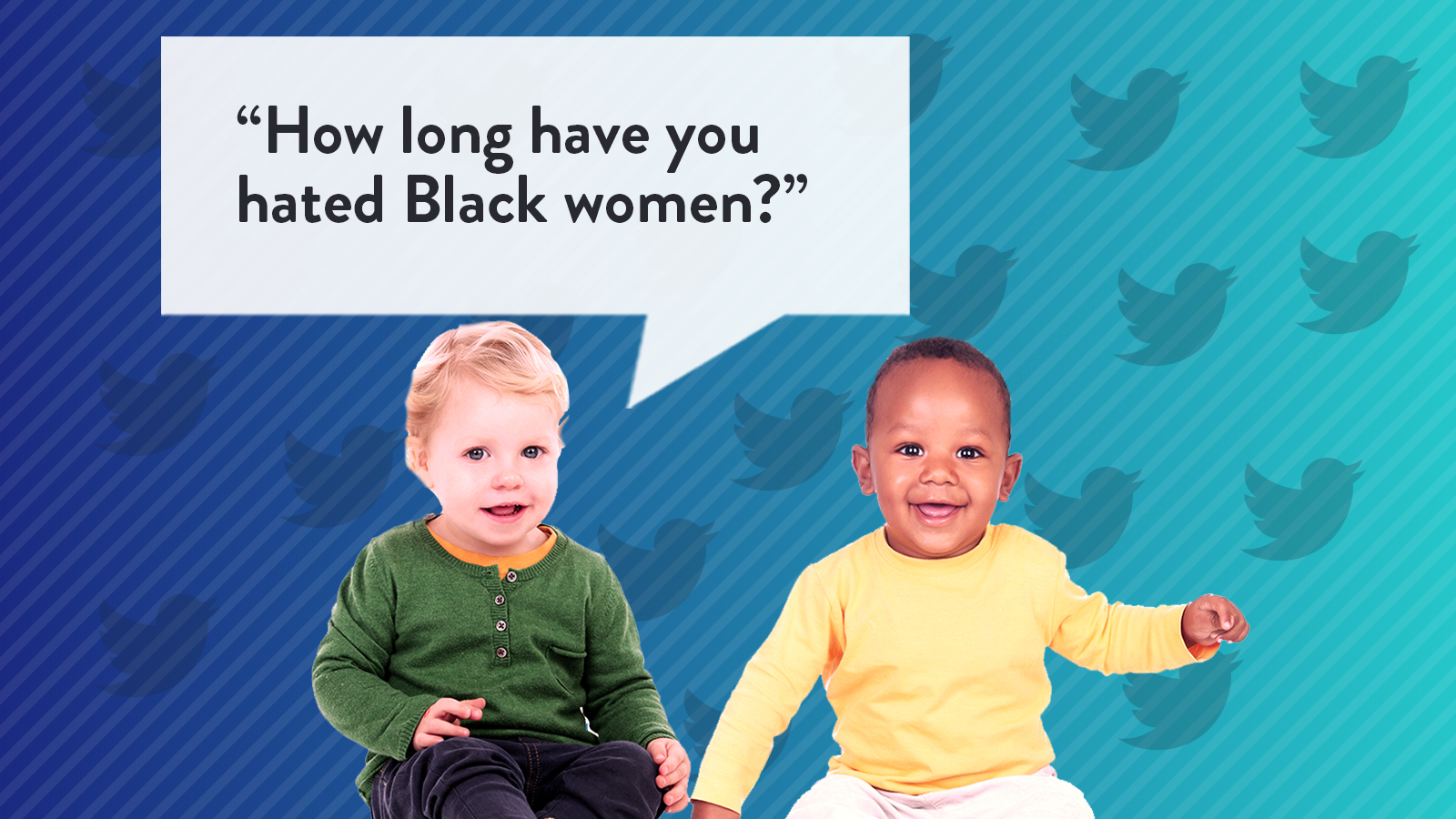
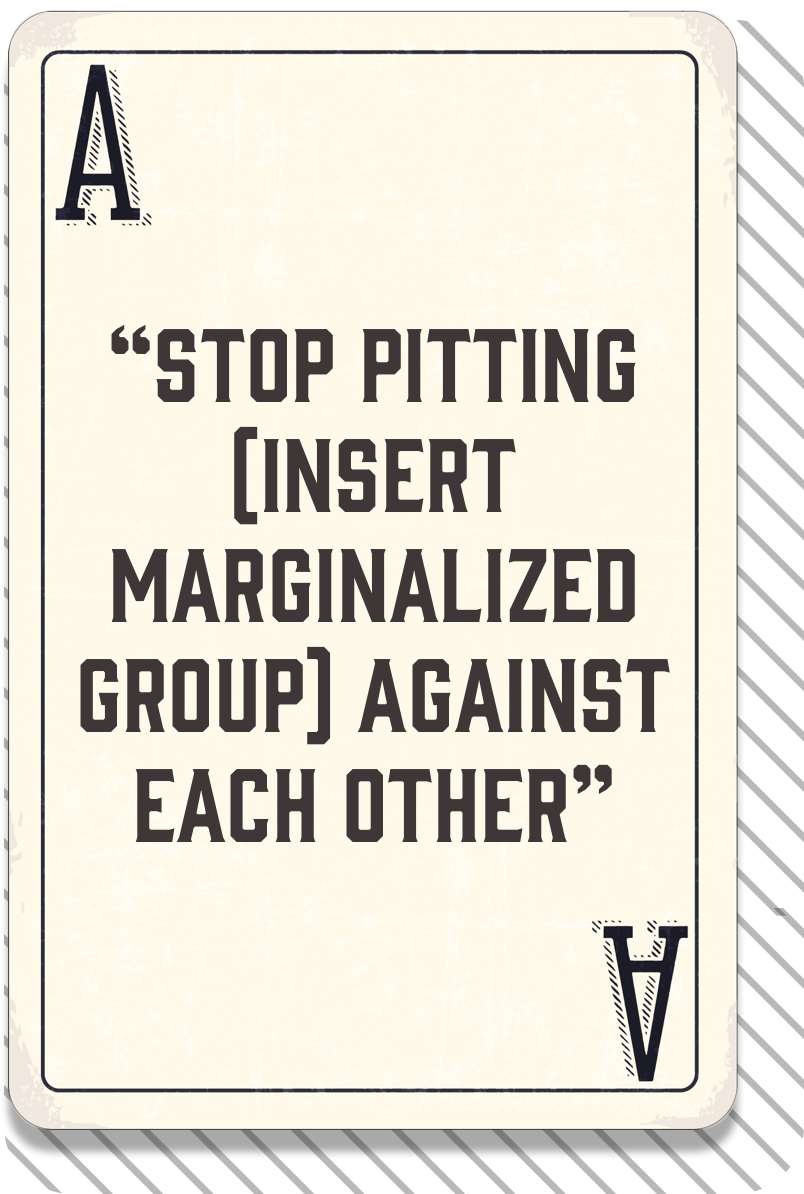
Why This Is An Effective Argument
“The Woke Card” is effective because it allows stans to take any criticism toward their faves as individuals and reroute it to everyone in their fave’s respective identity groups.
Under the rules of “The Woke Card”, not liking one video by a female artist makes you a violent misogynist. And not liking a song released by a Black artist makes you a White supremacist.
Suffice to say, this has become a very popular argument tactic as of late.
The Main Flaw(s) In This Argument:
The entire framework of stan wars is built on White validation.
Whenever stans of artists (of any race) argue or express any music-based opinion, they typically check those opinions against the pop charts.
Stans glorify White validation to the utmost, even in matters of Black art. If Justin Bieber makes an R&B album and it doesn’t win a BET Award no one cares. If Beyoncé releases an album of Negro spirituals produced by Mike WiLL Made-It and White Grammy voters don’t name it Album of the Year, we get years of think pieces.
Stans are quick to say that “White people need to stay out of Black people’s business” or “men need to stay out of women’s business”. And yet, they have no problem with reducing the work of Black artists with how palatable it is with White people or having the work of female artists (and/or artists of color) being judged by White, male, middle-aged Grammy, Oscar, Emmy, and Tony voters.
This is not to say that discrimination isn’t still an issue in the entertainment industry. Racism and sexism still exist and can influence the way that artists are critiqued (positively and negatively). But using the very real issues of racism and misogyny as a weapon in stan wars is more than a little tacky — especially for stans who spend all day obsessed with White validation.
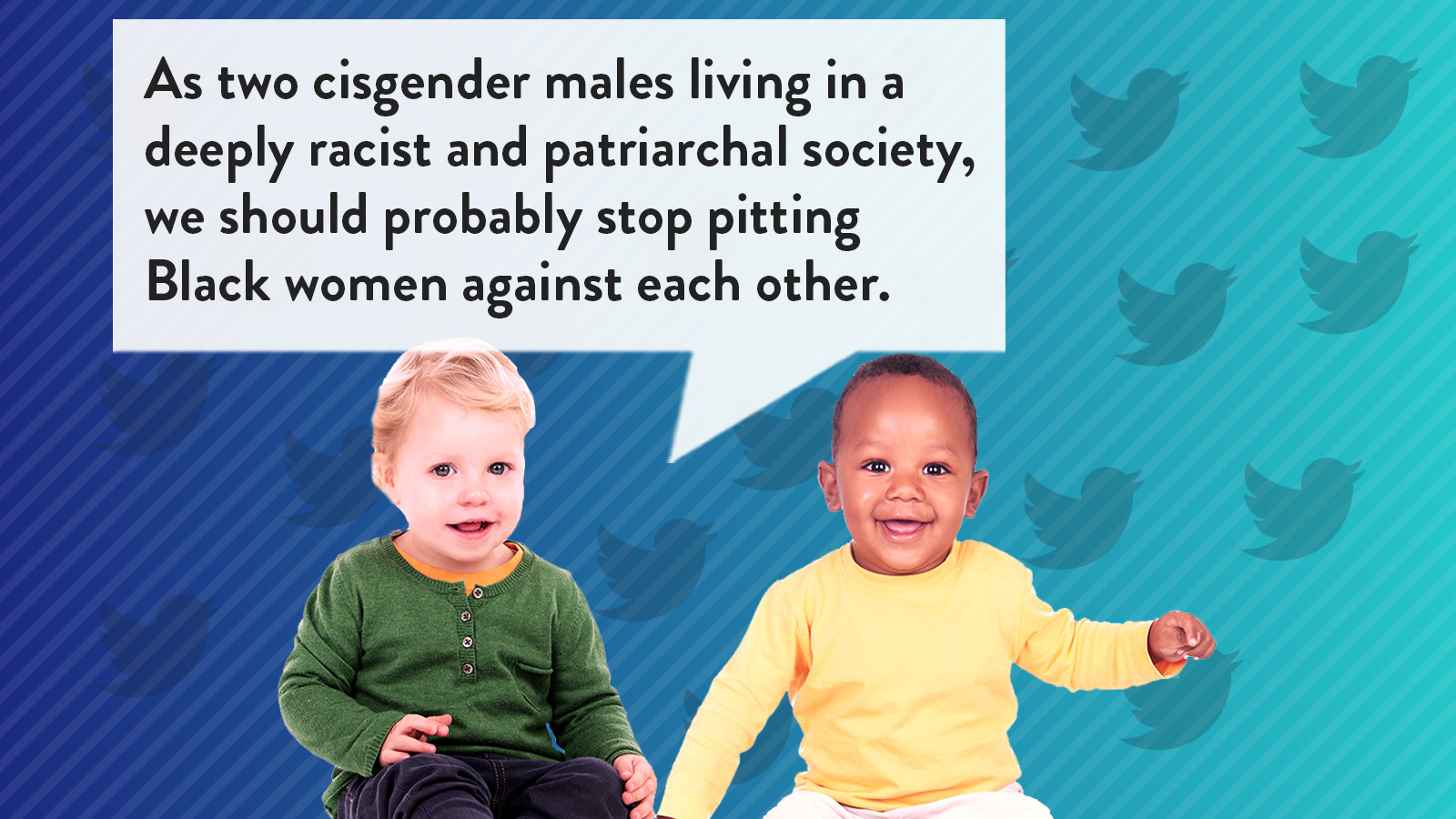


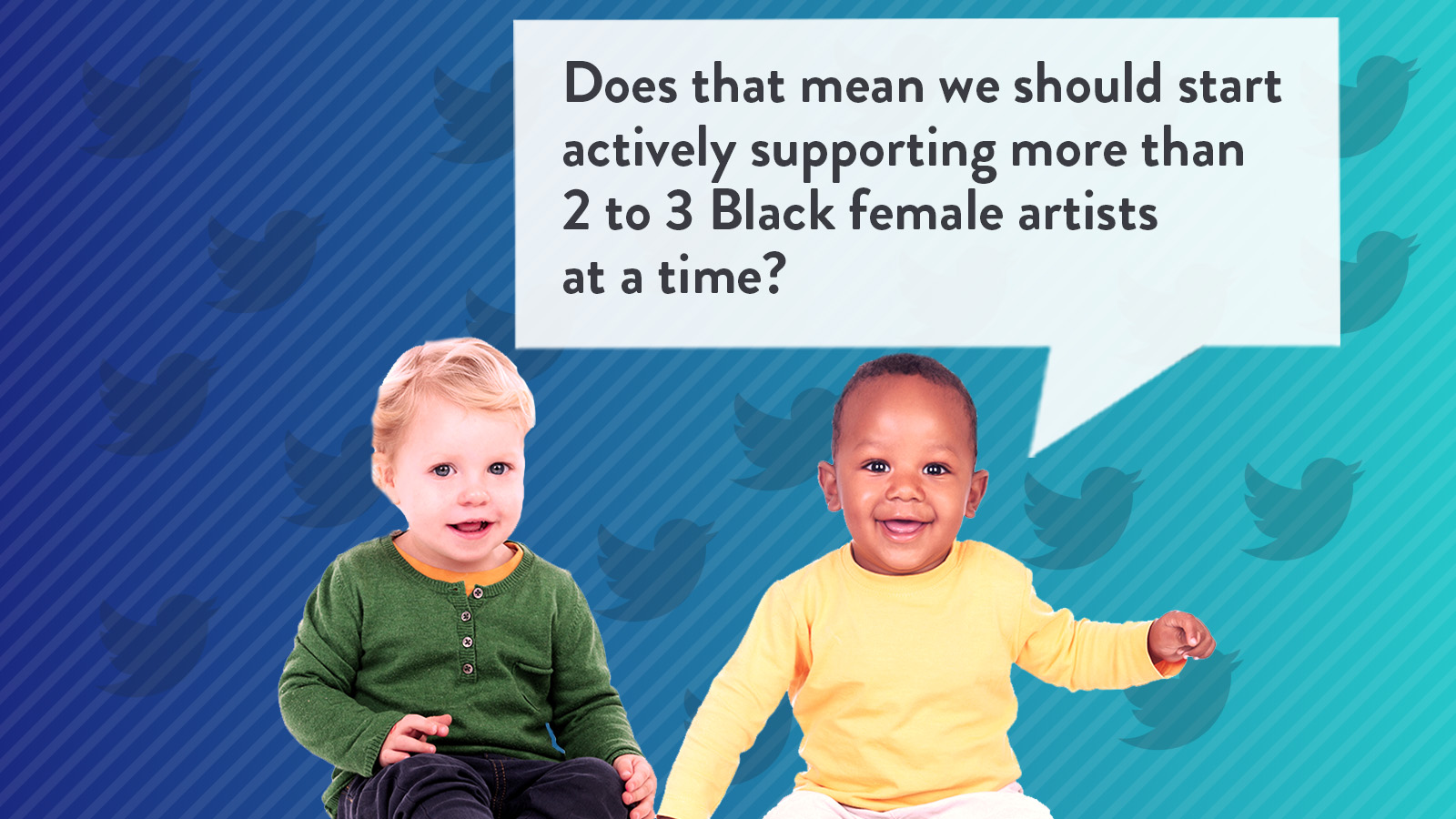

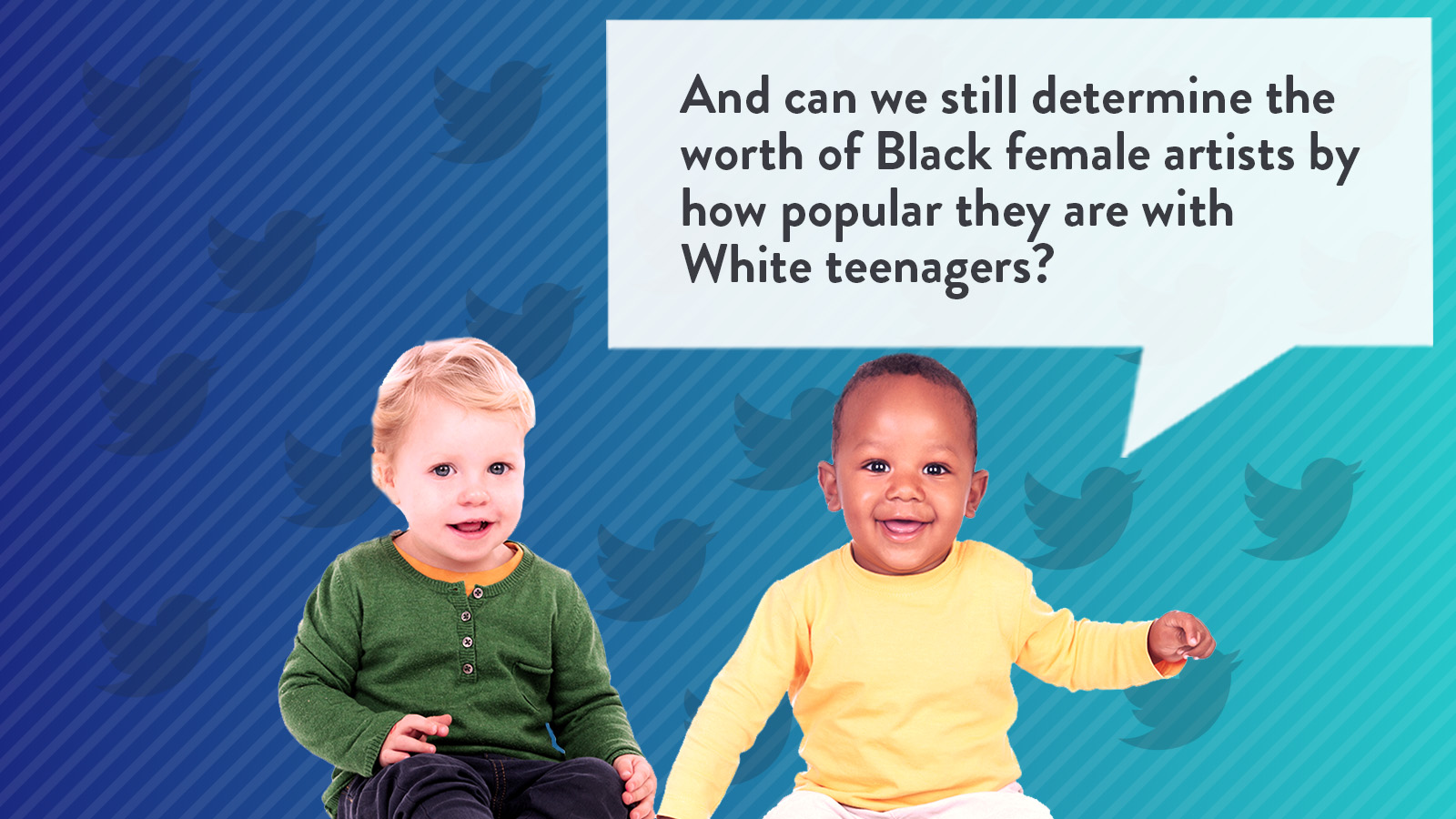
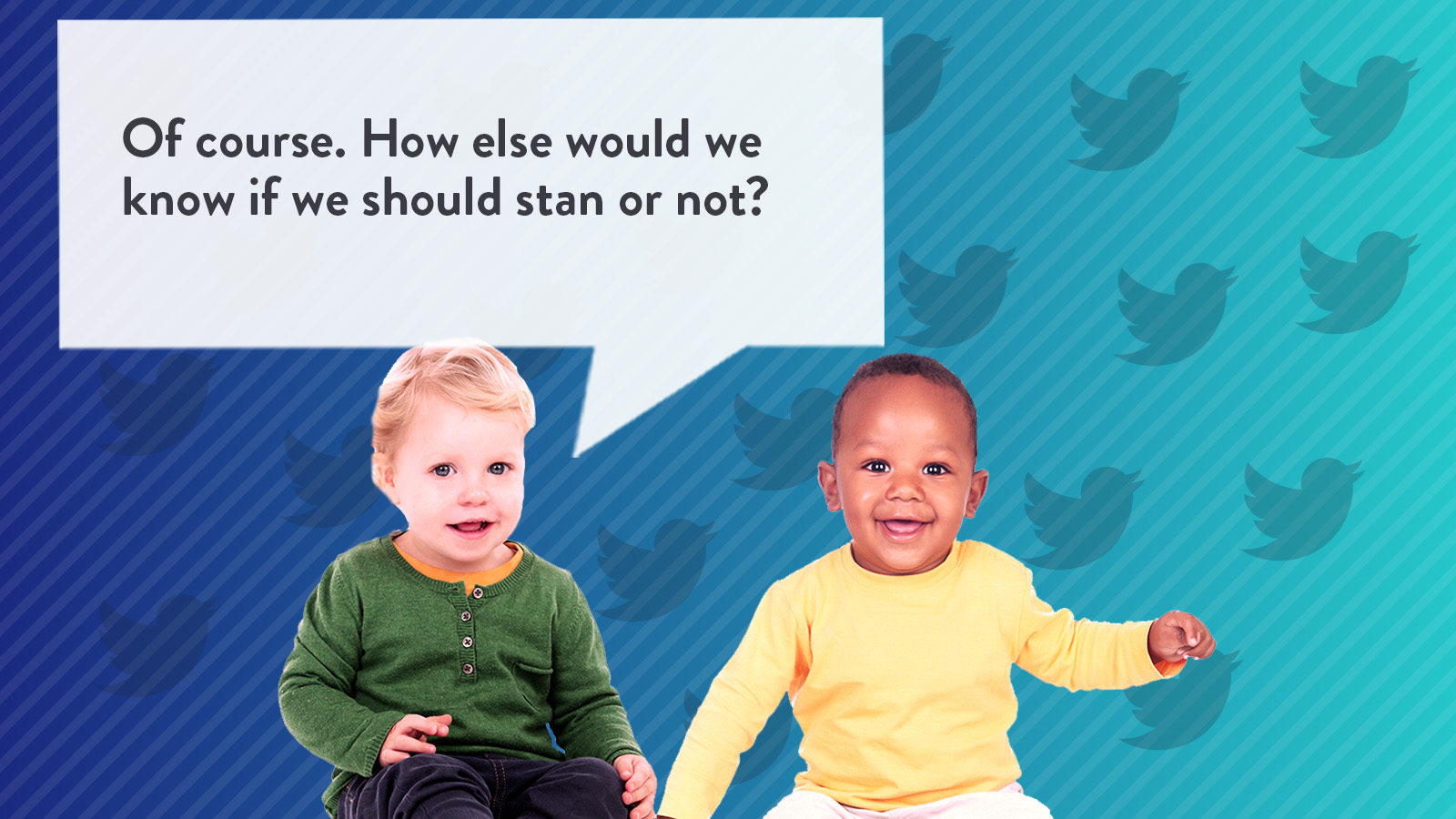


#3. The Group Project Card
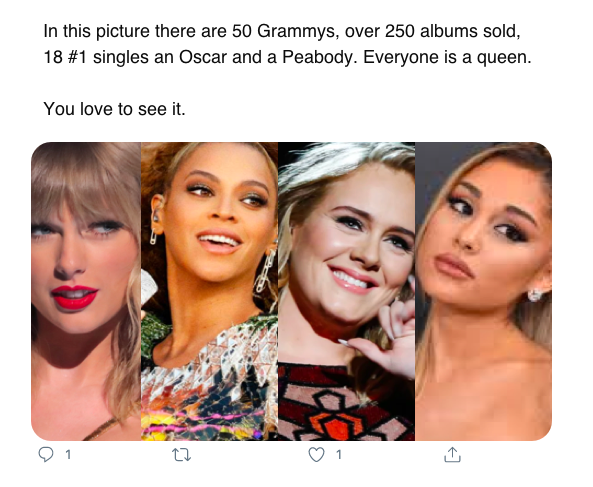
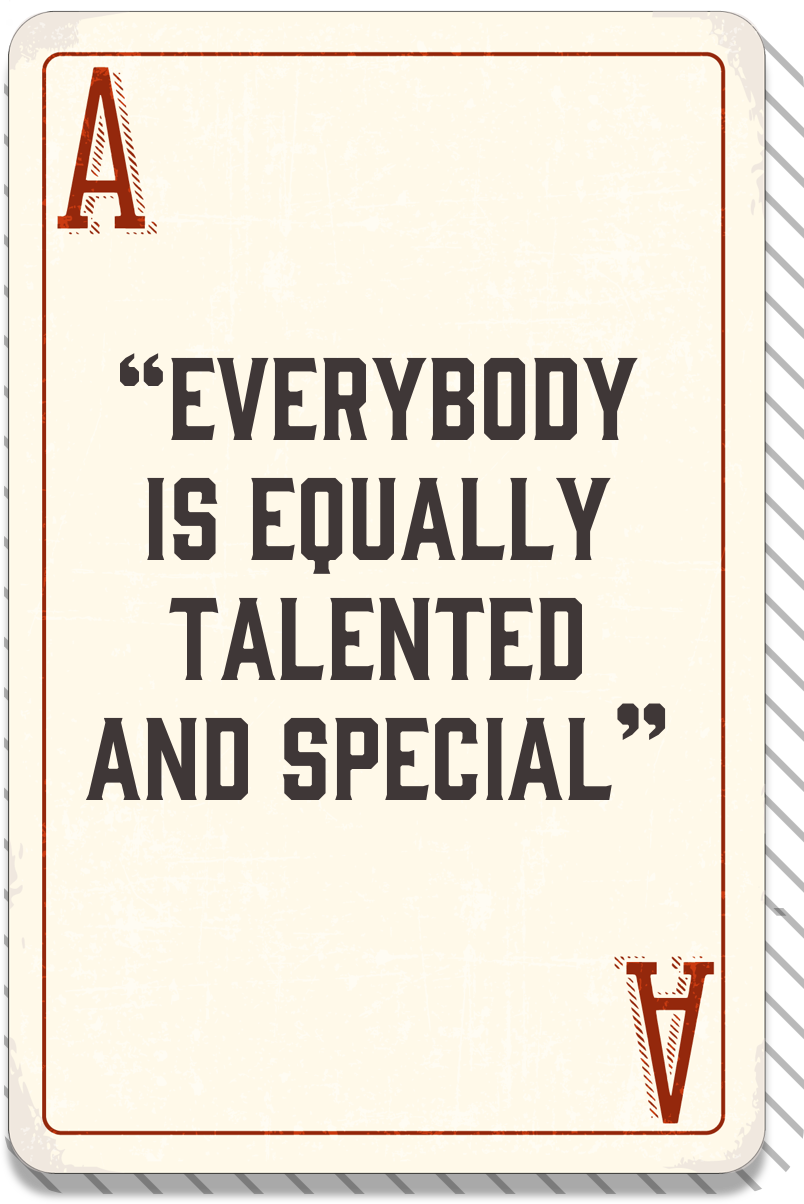
Why This Is An Effective Argument:
“Everyone is equally talented and equally successful, and they all love each other, so there is no need to fight. We can all hold hands and bake cakes made of rainbows and smiles and then fart out sprinkles made of friendship and inclusiveness.”
The Main Flaw(s) In This Argument:
First of damn all, of the 50 Grammys in that picture, half are Beyoncé’s; the Oscar belongs to Adele; the Peabody belongs to Blue Ivy; and of the 250 million collective albums sold, 248 million of that was from 25.
Pop stars are not all equally talented, and they are not all equally successful.
They are not all held to the same level of plausibility and expectations, and they did not all achieve what they did on absolutely equal footing.
It’s understandable why a fan who likes multiple artists at the same time would be annoyed by constant fighting between stan groups, (or why a stan account desperate for engagement would want to get likes and retweets from other fanbases). But there have to be better ways to deal with stan battles than smudging individual talent and hard work.
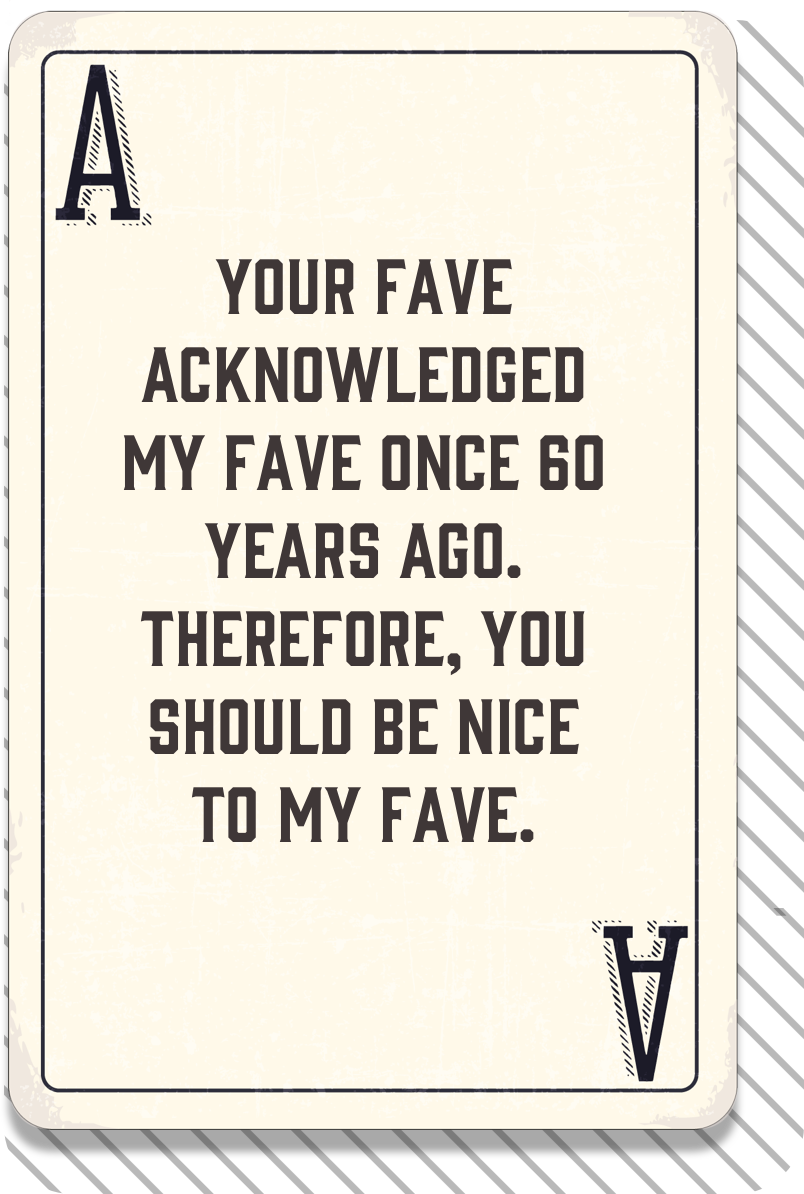
#4. The Friendship Card
The only thing more annoying than trying to force a feud between artists is trying to force a friendship.
Most of the people we encounter in our everyday lives (either at work or school) are people who we are emotionally neutral towards. We see them in passing and have no distinct feelings towards them one way or another.
But in the minds of stans, pop stars are either mortal enemies or BFFs who finger each other on birthdays and holidays. This leaves very little room for artists to be politely indifferent towards each other.
For many stans, the bulk of their social life takes place online, so they have a hard time accepting that many of their faves have offline personal relationships (and feuds) that they’re not privy to. Part of the reason is that some fans don’t see pop stars as people with agency and personal preferences. They have to like the same people we like and hate the same people we hate; and to the extent that they don’t, they have somehow failed us.
And so, we continue to believe in the friendships and feuds we create in our minds, even if real-life tells us otherwise.
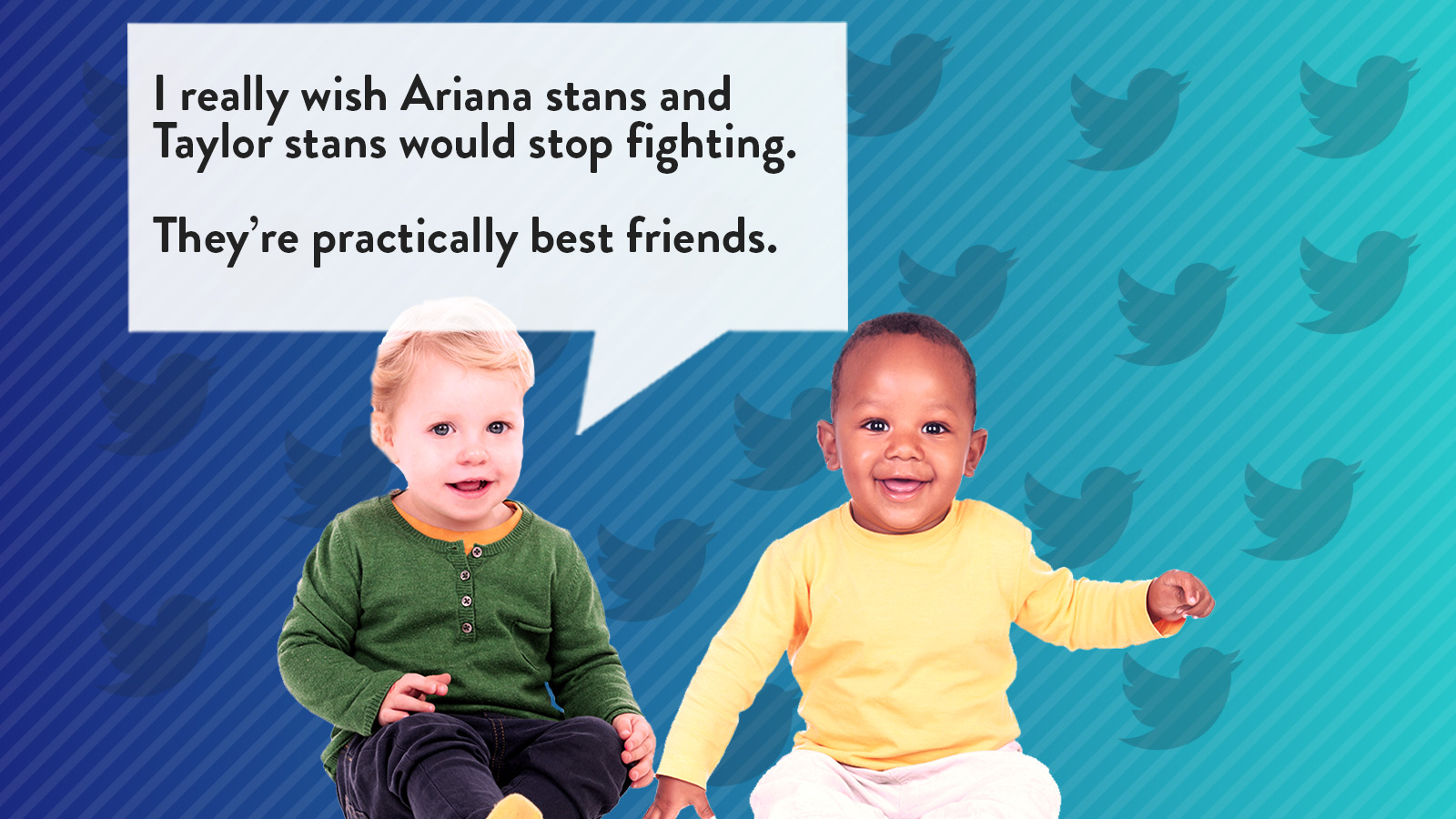
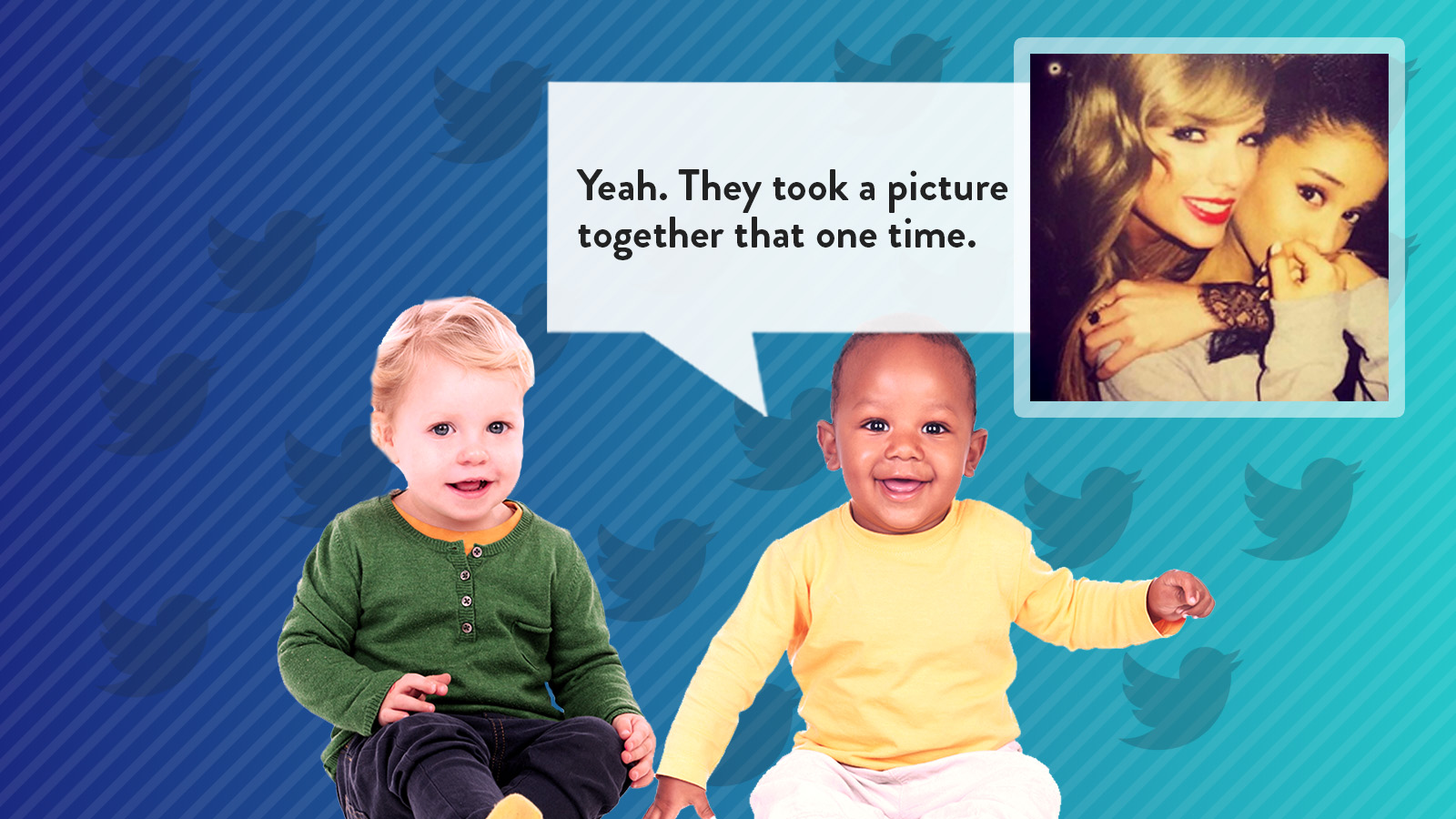
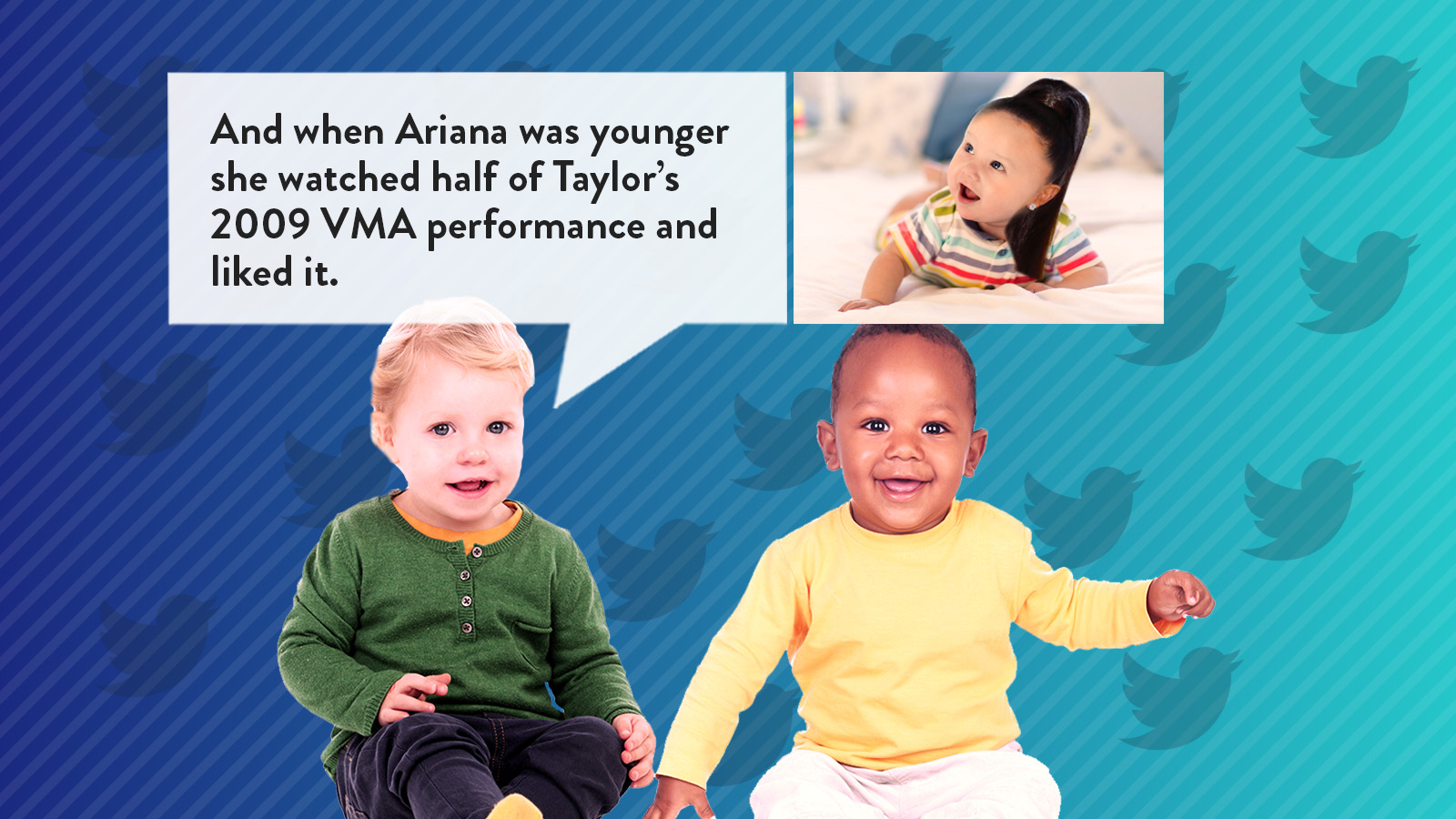
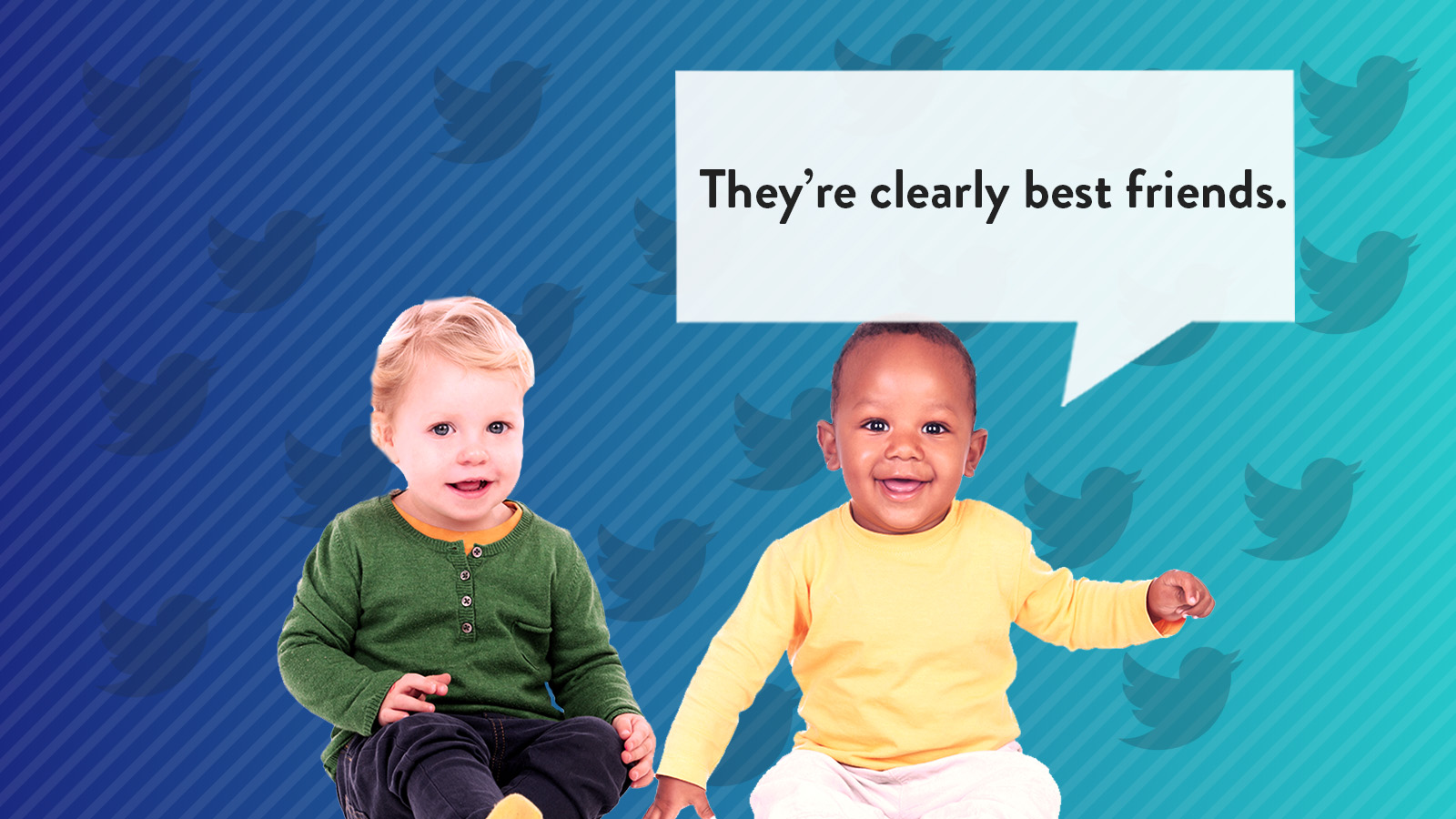
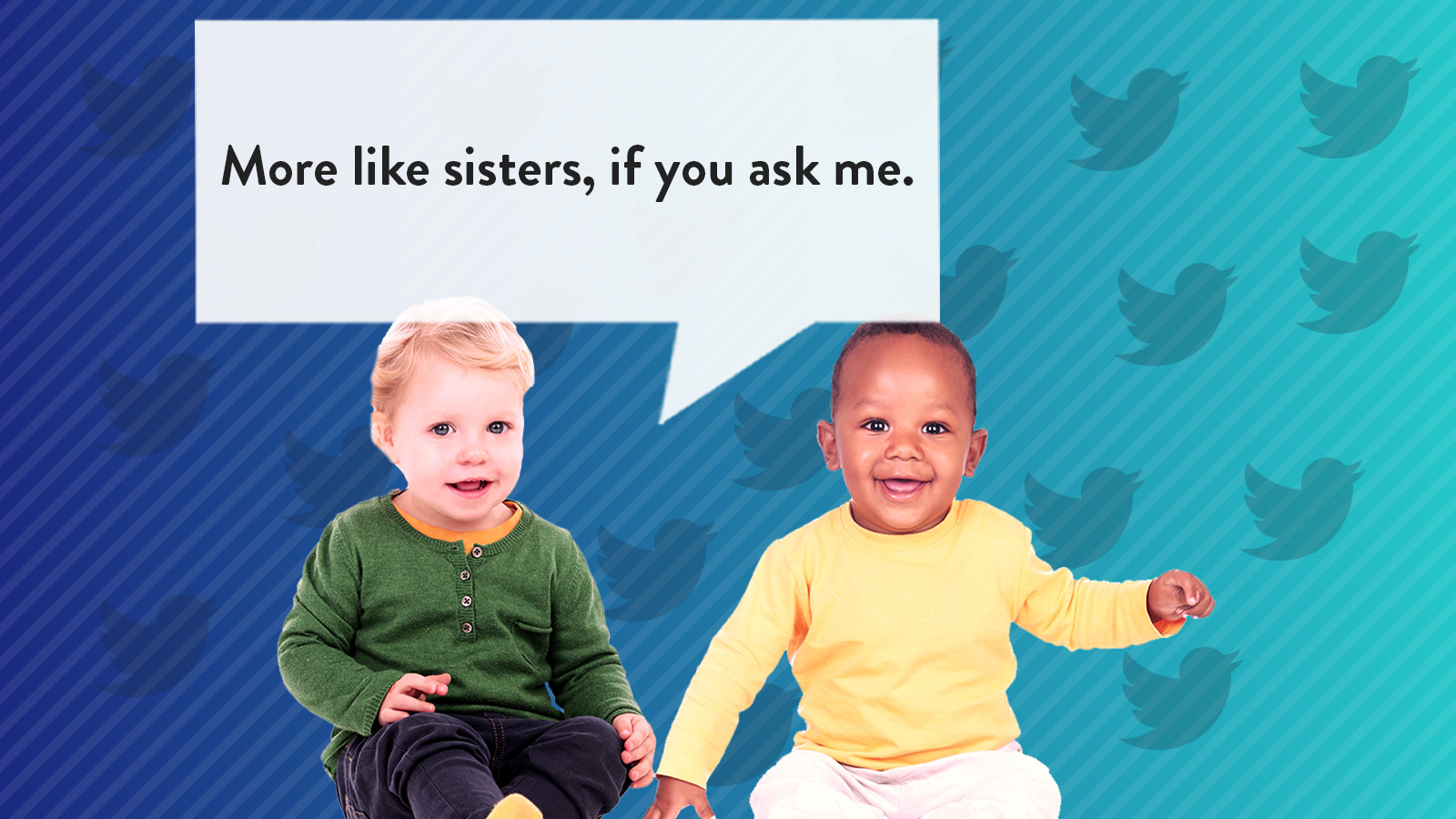
#5. The Joker Card
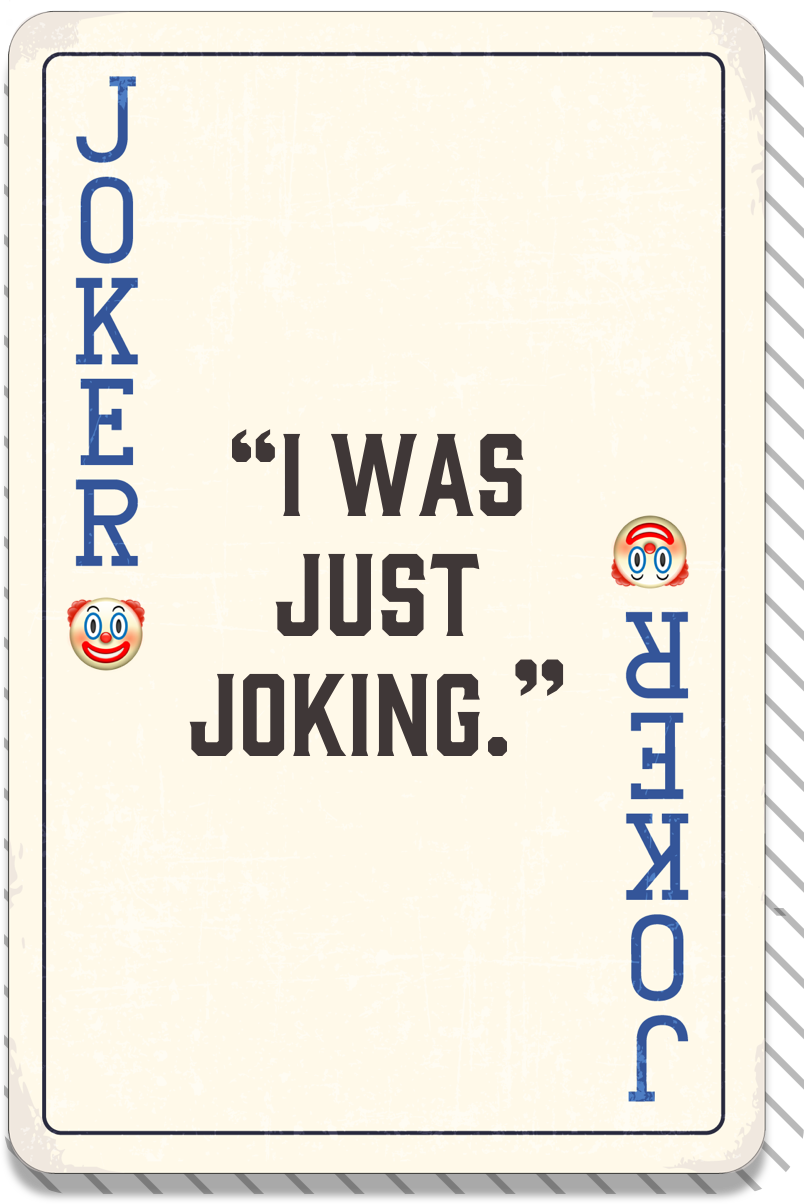
Whenever a stan’s obsessive need for attention and engagement backfires, there’s one phrase that is guaranteed to mitigate the backlash.
“I was just joking.”
There was a time in stan culture when jokes were rooted in truth and, you know, funny. But stan humor has evolved so much that “jokes” can be any random assortment of words used to get you out of a tough situation when things get too spicy for the pepper.
